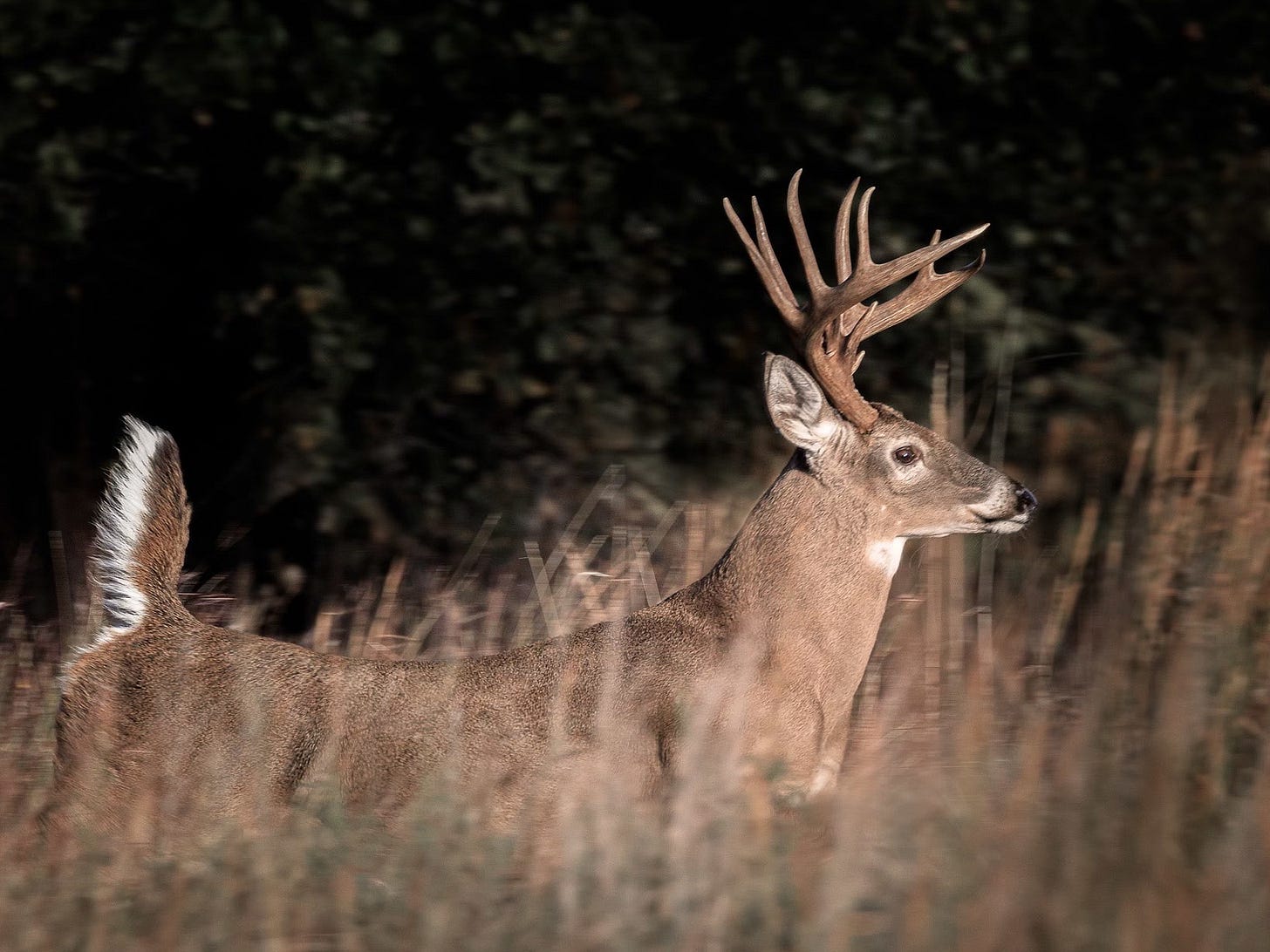Texas ‘Ghost Deer’ Suspect Facility Tests Positive For CWD
Two deer tested positive at a Tom Green County facility owned by prominent breeder Ken Schlaudt.

Two captive whitetails tied to the Texas “ghost deer” investigation tested positive for chronic wasting disease at a Tom Green County facility owned by breeder Ken Schlaudt, according to records obtained by Public Domain. Texas officials confirmed the news in a press…



